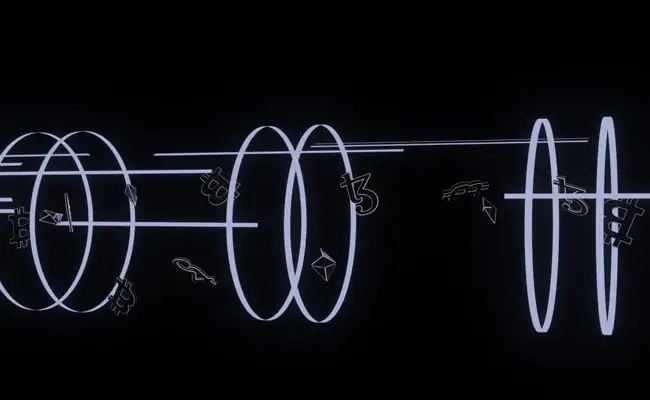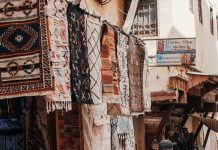MakeMyTrip Launches NFTs To Reimagine Indian Tourism
MakeMyTrip, the Indian online travel company, is the latest entrant into the world of Non-Fungible Tokens (NFTs). The company has launched a limited-edition immersive NFT series, which showcases some of the best-known travel destinations in India.
The NFT series, titled ‘Virtual Vacations’, will be available on a first-come, first-serve basis, and there will only be 25 owners of every NFT art piece, the company stated on its app.
The first batch of collectables captures the seen and unseen beauty of Goa, Rajasthan, Odisha, Meghalaya, Ladakh, Jammu and Kashmir, Andaman and Himachal Pradesh. At the time of writing, the NFT art pieces depicting Goa, Ladakh and Kashmir – 3 of India’s most prominent tourist destinations – were already sold out.
The proceeds from the sale of these NFTs will support sustainable tourism projects in India.
The NFT art collection is ‘immersive’ since each digital art is a kaleidoscopic meta-representation created through Artificial Intelligence and iterative loop programming.
“These NFTs are in line with our overall marketing and communication objective of inspiring every Indian to discover and explore the majestic beauty of India,” MakeMyTrip Group Chief Marketing Officer Sunil Suresh said.
The NFT collection comes at a time when the global pandemic has disrupted the tourism and hospitality sector in India. The Union government recently informed the Parliament that 21.5 million people involved in the tourism industry had lost their jobs due to the Covid-19 pandemic. Moreover, the government added that tourist arrivals in India were also drastically low during the pandemic.
NFTs, for those unfamiliar with the concept, are one-of-its-kind digital collectables that no one can duplicate. It is perhaps one of the most prominent applications of blockchain technology, which is now being utilised by the beleaguered tourism and hospitality sector.
NFT tokens can digitally represent any asset, including virtual-only assets. Some of the examples of NFTs are digital artwork, including in-game items like avatars, digital and non-digital collectables, domain names, event tickets, and tangible assets such as real estate.
For instance – LynKey, a Singapore-based prop-tech start-up, has launched a blockchain-powered marketplace and ecosystem for tokenising luxury resorts, hotels and properties. Last year, the famous international hotel chain Marriot launched a set of NFTs capturing different travel experiences. LynKey and Marriot are just two examples. The business applications of blockchain technology are numerous.
According to a report by Mindtree, blockchain can be an effective technology for supply chain management, loyalty points and rewards management and customer identity management in the hospitality industry.
“This (blockchain technology) fundamentally reinforces trust without the need for an intermediary,” the Mindtree report noted, adding that using third parties to reinforce trust has resulted in additional costs to businesses.
While stating that blockchain technology can revolutionise the way we travel, Chirantan Patel, CEO of blockchain-powered travel start-up Amaze Global Pty Ltd, added challenges in its adoption. “Although blockchain serves as the base technology, every company or collective can create its network and include its algorithms. Since there is no standardisation, adoption is a bit of a challenge,” he said.










